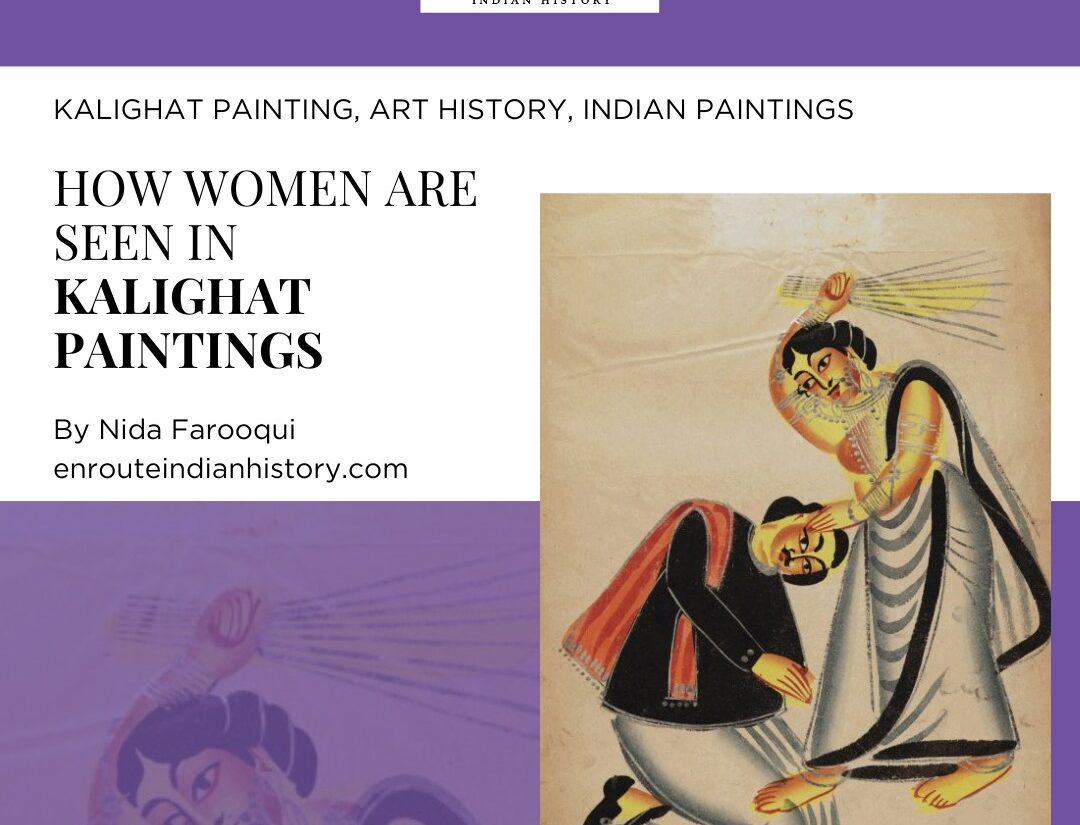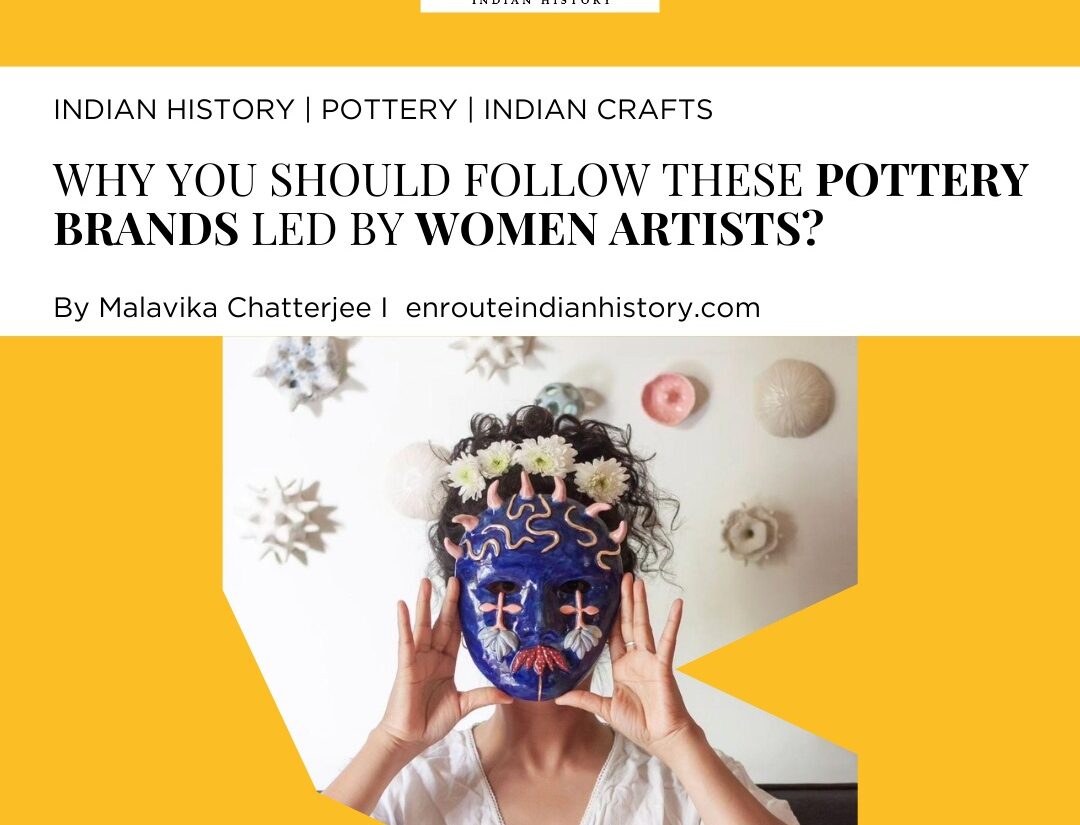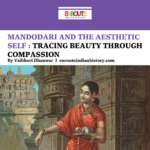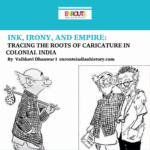In the heart of the Hyderabad of the late 19th century, a transformation was underway. The Western notions of equality and freedom seeped into the foundations. As a result, sprung up like shoots, visionary individuals committed to changing the social conditions (for and by the Women of Hyderabad) in the city. One of these thinkers was Muhibb Hussain, who embarked on a journey challenging the status quo of gender roles and restrictions by founding the first Hyderabadi journal for ladies, called the Mu’allim-e Nisvan. Accompanied by like-minded men nationwide, he championed a more equal world for women, building on the principles enshrined in the Quran and Hadith.
The publication gained quick popularity among ladies from progressive households. Within its pages, the Mu’allim-e Nisvan featured a wide variety of content, including literature, poems, drama, and stories. It also served as a window to the world—providing updates on women’s issues worldwide. These ranged from ethnographic reports about the conditions of women across the globe to inspirational stories of courageous women who fought dacoits or wild animals or societal norms to pursue studies. It also condemned social evils like female infanticide, the plight of widows, polygamy and, most notably, the persistent issue of purdah. These discussions were presented as witty quarrels between a wife well versed in the Quran and the Traditions of the Prophet and her not-so-bright husband. As the husband struggled to defend the traditional norms, he found himself outmatched by the wit and knowledge of his wife.

While the efforts in the movement seem highly commendable at first glance, a closer examination shows some dodgy arguments. For example, Muhibb Hussain, in one article, fervently demanded reforms in women’s attire, not solely on the grounds of freedom as a human right, but because women must recognise and mend their faults through socialisation. His argument stemmed from the argument that the women who seldom ventured beyond zenanas had limited exposure to the influence of their social equals but were instead shaped by servants and women from lower social classes. He contended that this isolation led to the evolution of a distinct world with its customs and what he called a ‘shameless language’— known as the ‘begamati zabaan’.
It is important to note that this so-called shameless language was not just linguistic but also metaphorical in nature. It represented women’s unique interpretation of the world, expressed through songs, rituals, proverbs, and customs. This culture was the price to be paid for the ideas of reformist Islam, which was providing (almost forcing) emancipation on women.
Gaining Control over Narratives
Amidst the age of such societal reform and ideological conflict, it’s crucial to explore women’s response to this transformation. Were they silent spectators, victims of reform as they had been victims of traditionalism for centuries?
To unearth these answers, let’s turn our attention to two of the major women writers of the time, Taiyiba Begam and Sughra Humayun Begam, who played a pivotal role in shaping the narrative of women’s experiences and aspirations.
Born into one of the rare progressive Muslim families in Hyderabad, Taiyiba Begam stood as a trailblazer in her own right. She belonged to the vanguard of Muslim women who broke shackles by securing a university degree. Taiyiba was a strong advocate in her condemnation of ignorance, a cause she championed for both men and women. However, her arguments against purdah resembled Husain’s—claiming no scriptural sanction exists for purdah in the Quran and Hadith and arguing that its persistence will lead to the downfall of the faith and the community.

Beyond the confines of religious instructions, She argued that women should broaden their horizons regarding education. She urged women to recognise their British competition—ladies versed with a versatile skillset encompassing homemaking skills and an understanding of the world. This allowed these wives to share the interests and worries of their husbands, allowing the flowering of friendship. It is important to note that her advocacy for education did not necessarily equate to an argument towards achieving equality between the sexes. Instead, she emphasised the need for women to adhere to their inherent inclinations instead of competing with men—like caring for the children, running the household and caring for people experiencing poverty. In her opinion, women’s education was aimed at a broader goal than pursuing gender parity; its purpose was to enable women to fulfil their natural roles better while being an asset to society.
These arguments found resonance in the novels of Sughra Humayun Begam. Despite being married at sixteen and never having attended formal school, she acquired her education through personal endeavours within the limits of her home. Her husband, a part of the Mu’allim-e Nisvan circle, supported her by spearheading reforms in his household and living habits. She founded and edited a journal called Zebu en-nisa and wrote fourteen novels as a canvas for her to paint her ideas and principles.

Her novel Sarguzisht-e Hajira revolves around four ladies who come together and share their personal stories and experiences. The book focuses on the reform of Mrs Aun, a woman spoiled by British education that bestowed her with bookish knowledge but failed to equip her with the wisdom to deal with matters of heart. The other three women teach her how to win her home back by narrating their anecdotes—how a good woman works to mend relationships with her drunkard husband, to bear her sorrows and not take refuge at her father’s home, to take care of the children of her husband’s previous liaisons—all these being traits of a good woman.
Another of her novels, Zohra, depicts the contrasts between the embodiments of vice and virtue in women. The good woman, Zohra, is a woman of both education and beauty who is tragically separated from her husband, Nasir, after an accident. Nasir takes another cousin, Ruqaiya, who, while possessing exceptional beauty, lacks her education. She is indolent, bad-tempered, and easily swayed by flattery. She proves inept at handling her household resources, managing the servants or taking care of the health of herself and her children. Her life is cut short by a bout of illness, exacerbated by her refusal to take conventional medicine but placing unwarranted faith in a fraudulent sufi healer. Zohra then comes back, takes charge, and restores the original state of the household—a blissful, happy ending.
Through this novel, Sughra weaves a web of advice—on an array of topics like how to treat an insect-infested garden, maintain the health of a family, or pick a husband for your daughters. More importantly, however, she encourages her protagonists to introspect on their life goals and the means to achieve them.
In contrast to the moralising and didactic nature of Surgha Begum’s writings, Taiyiba Begam’s novel was a literary marvel that came to be compared to other Urdu literature of the time. Her novel, Anvari Begam, was a poignant narrative of a tragic love story, ending with the heroine’s death. However, the true brilliance of the novel lies in its focus on a plethora of issues interwoven through secondary plots and characters. The conversations of the characters reflect the opinions of the author—like her support for companionate marriage. In a time of extreme restrictions and control over women, her characters say, “If all the joys of the world were made haram for women, except being obedient to the husband, I would prefer death immediately following birth.” She highlights that such oppression of women could not be justified in Islam but ran counter to the message of the Prophet, who had liberated men and women from the shackles of ignorance.
While Anvari Begam is a book with a message, it does not reduce the characters into caricatures to impart this message. The quest for women’s emancipation rises above the mere advancement of society or the convenience of man but gains a first-person consciousness—where the feelings of women, their struggles, and their aspirations are granted a legitimacy of their own. These feelings, while unable to transcend the clutches of religion and morality for the sake of unrestricted “freedom”, nevertheless deserve consideration as long as they remain within the bounds of the liberal interpretation of the Quran.
References
- Pernau, Margrit. “Female Voices: Women Writers in Hyderabad at the Beginning of the Twentieth Century.” (2002).
- Ahmad, Khanday Pervaiz. “BREAKING THE SILENCE: SOUTH ASIAN MUSLIM WOMEN BEGIN TO WRITE IN THE LATE 19th AND THE EARLY 20th CENTURY.” Pakistan Journal of Women’s Studies= Alam-e-Niswan= Alam-i Nisvan 23, no. 2 (2016): 71.
- Pande, Rekha. “Volume: III, Issue: I, January-June 2012 WOMEN IN THE HYDERABAD STATE IN 19th AND 20th CENTURIES.”
Pictures:
- Moallim-e-Niswan | Rekhta
- Tayeba Begum Khedive Jung: The First Muslim Woman Graduate | #IndianWomenInHistory (feminisminindia.com)
- Begum Sughra Humayun Mirza: Renowned Urdu Novelist And A Social Reformer | #IndianWomenInHistory | Feminism in India
- January 23, 2024
- 9 Min Read
- October 15, 2023
- 6 Min Read
- October 14, 2023
- 8 Min Read
- September 22, 2023
- 14 Min Read
- August 29, 2023
- 6 Min Read


















